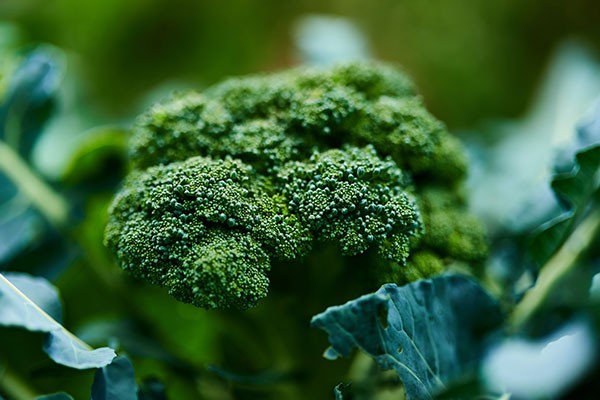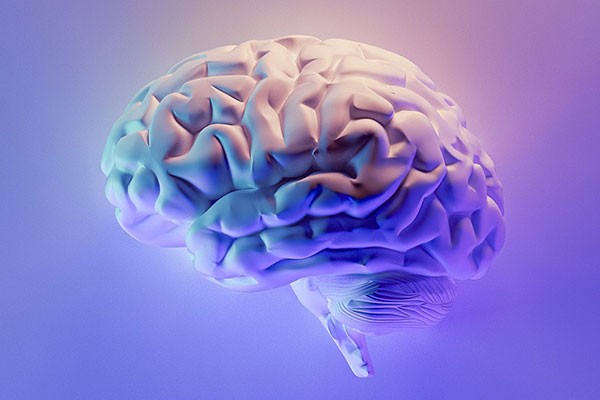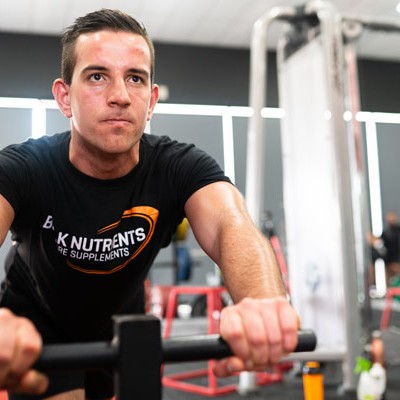How People Make Scare Campaigns Out of Foods (And Why to Ignore It)

Fear campaigns for food
In the 16th century, there was a Swiss physician called Paracelsus.
He’s still spoken about today, and is particularly remembered for this landmark observation:
“Poison is in everything, and no thing is without poison. The dosage makes it either a poison or a remedy.”
What Paracelsus is obviously saying is that anything we eat in the right dose or context is poisonous.
Consider, he’s saying these everyday things are toxic in the right dose:
- Sugar
- Water
- Salt
And they are. And he’s right.
But you’d have to have so much of it, that it’s not relevant for us to be aware of daily.
Take water for example, whereby multiple litres consumed in an hour is toxic in the right dose; one girl died drinking 7.6 litres as quickly as possible as part of a water drinking contest.
Now after this news, imagine you were to come out and say: “We’re calling for a ban on bottled water, it’s clearly dangerous...”
Everyone would laugh at you.
Now sure, water is compulsory for survival, there’s no substitute for it and that keeps it around.
But also, it’s hard to speak out against water when an alternative can’t be sold that wouldn’t cause death in the same excess drinking circumstances.
It’s one of the many reasons you haven’t heard a scare campaign against water.
Now consider this food (that I’ll hold off naming) contains goitrogens, particularly one group called thiocyanates, which mess with the normal function of the thyroid gland.
This can lead to many health issues and potentially be fatal if not treated.
This food also contains formaldehyde, a natural by-product of oxidation that causes cancer in rats.
And it gets worse.
Formaldehyde is used in the manufacturing of plastics, and petroleum.
If you’re reading this thinking: “Wow, I hope I never eat this food”, then that’s an interesting reaction.
Because this food is broccoli; one of the best foods we can eat containing all kinds of goodies.

So, I’ve done to you what some people do to other foods and macronutrients, but in reverse: they start with a food or macronutrient you enjoy (like sugar, for example) and tell you all the bad things about it out of context.
By the end of it, you’re ready to never eat it again and buy any alternative possible to save your waistline and health.
But what I haven’t told you, is that we cannot possibly eat enough broccoli for this to concern us.
And it comes back to our friend Paracelsus, who told the world in the 16th century that the dose makes the poison.
But the bulk of people creating scare campaigns either don’t know about Paracelsus and his findings or do know and chose to exploit it. Both are as bad as each other.
And like water, no one would come out and say that broccoli needs to be banned. Because everyone looks at it and says: “But it has iron and fibre? And everyone says it’s healthy? Wait – how much broccoli actually kills us?”
And they discover they need to eat an impossible amount of it to die. And this little money-making scheme never gets off the ground. And nor should it.
But then switch this over to something like carbohydrates and/or sugar; incorrectly blamed for everything like weight gain and heart disease, because apparently there’s something evil about fructose (which has been disproven so many times).
We’re also told it’s toxic, without the context of dosages given.
But here’s the kicker – your brain runs off glucose.
And what is sugar made up of? 50% glucose.
And carbs? Much more than 50% glucose.

And because people have heard the fear campaigns against these foods for so long, we’re ready to buy books and plans that “promise to eradicate these evil carbohydrates and sugars.”
But carbs and sugars are also important in our diet in their own right.
Now sure, we can get glucose from other ways, but the point still stands – we like eating it, and we can continue to enjoy eating it in moderation without the fear-mongering. I mean, we can get water from vegetables and foods too, but it’s much easier to just drink it.
And let’s get real for a minute: water and foods like broccoli take a front seat over foods like sugar as a dietary priority – that’s a given.
But the point is, that sugar doesn’t need to be demonised and “cut out” of our diets. It can be eaten and enjoyed as part of a BALANCED diet, and it’s no more “toxic” than other foods.
Sugar can be enjoyed as part of dietary flexibility, which research shows is better for our relationship with food and LONG TERM FAT LOSS.
Now THAT’S important for our health.
And to be fair, I’ve only just touched on how unfairly sugar and carbs have been demonised. There’s plenty more mind-boggling rubbish that’s gone on.
The bottom line on food scare campaigns
People make fear campaigns out of foods by telling you what's bad about them out of context. They zoom in on ingredients that are “unhealthy” without mentioning similar compounds exist in other “healthy” foods like broccoli.
Once you’re fearful of these foods and they have created a “problem”, they sell you a “solution” aimed at delivering health and/or weight loss without consuming the foods they have demonised. And the claims against the foods like sugar and carbohydrates are untrue, and out of context. But the masses don’t question much, and this will keep happening for a long time.

Dayne Hudson
Like many, Dayne was once desperate to lose weight and get into shape. But everyone he asked, everything he read, lead to the same place... nowhere.
His journey started there - researching science journals and completing a Sports Nutrition Specialist qualification so he could make weight loss easier.
References:
- Chaker L, Bianco AC, Jonklaas J, Peeters RP. Hypothyroidism. Lancet. 2017;390(10101):1550-1562. doi:10.1016/S0140-6736(17)30703-1
- Erdogan MF. Thiocyanate overload and thyroid disease. Biofactors. 2003;19(3-4):107-11. doi: 10.1002/biof.5520190302. PMID: 14757960.
- Gaitan E. Goitrogens. Baillieres Clin Endocrinol Metab. 1988 Aug;2(3):683-702. doi: 10.1016/s0950-351x(88)80060-0. PMID: 2464986.
- Khan TA, Sievenpiper JL. Controversies about sugars: results from systematic reviews and meta-analyses on obesity, cardiometabolic disease and diabetes. Eur J Nutr. 2016;55(Suppl 2):25-43. doi:10.1007/s00394-016-1345-3
- Morgan KT. A brief review of formaldehyde carcinogenesis in relation to rat nasal pathology and human health risk assessment. ToxicolPathol. 1997 May-Jun;25(3):291-307. doi: 10.1177/019262339702500307. PMID: 9210261.
- Nandini DB, Rao RS, Deepak BS, Reddy PB. Sulforaphane in broccoli: The green chemoprevention!! Role in cancer prevention and therapy. J Oral MaxillofacPathol. 2020;24(2):405. doi:10.4103/jomfp.JOMFP_126_19
- National Center for Biotechnology Information (2021). PubChem Compound Summary for CID 712, Formaldehyde. Retrieved August 19, 2021.
- Noakes TD, Speedy DB (July 2006). "Case proven: exercise associated hyponatraemia is due to overdrinking. So why did it take 20 years before the original evidence was accepted?". British Journal of Sports Medicine. 40 (7): 567–72. doi:10.1136/bjsm.2005.020354. PMC 2564296. PMID 16799109.
- Paracelsus Quotes. (n.d.). BrainyQuote.com. Retrieved June 14, 2022, from BrainyQuote.com Web site: https://www.brainyquote.com/quotes/paracelsus_300347
- Salthammer T, Mentese S, Marutzky R. Formaldehyde in the indoor environment. Chem Rev. 2010;110(4):2536-2572. doi:10.1021/cr800399g
- Smith CF, Williamson DA, Bray GA, Ryan DH. Flexible vs. Rigid dieting strategies: relationship with adverse behavioral outcomes. Appetite. 1999 Jun;32(3):295-305. doi: 10.1006/appe.1998.0204. PMID: 10336790.
- Wistrand J, Nilsson PM. Paracelsus--enläkareivetenskapensellervillfarelsensanda? [Paracelsus--why is his work interpreted so diversely?]. Sven Med Tidskr. 2008;12(1):21-50. Swedish. PMID: 19848035.






























